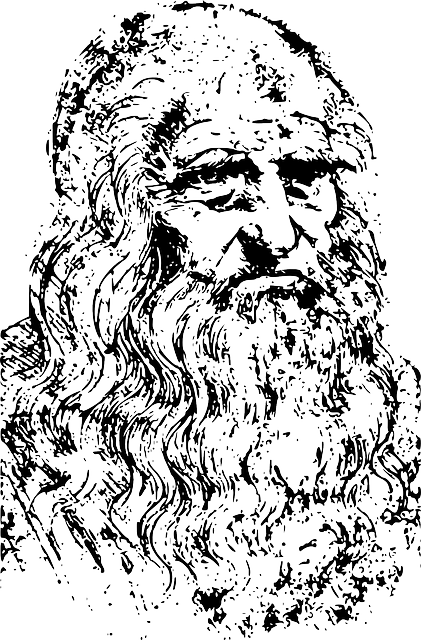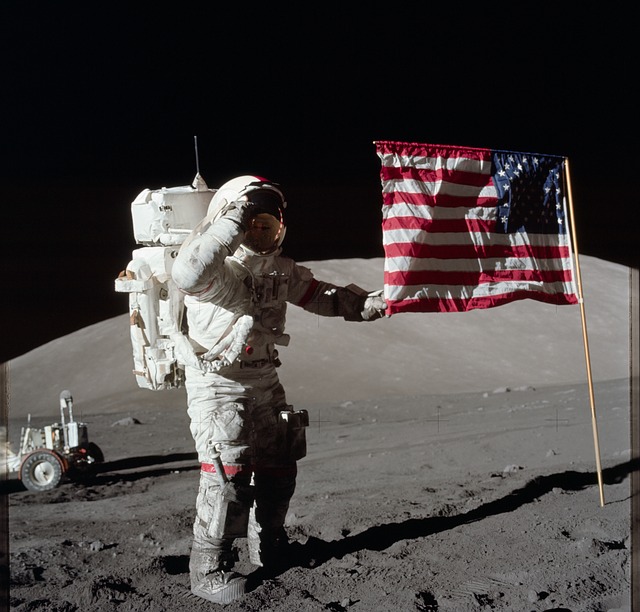 On this day in 1919, the 18th Amendment to the U.S. Constitution, prohibiting the “manufacture, sale, or transportation of intoxicating liquors for beverage purposes,” was ratified and became the law of the land. The movement for the prohibition of alcohol began in the early 19th century, when Americans concerned about the adverse effects of drinking began forming temperance societies. By the late 19th century, these groups had become a powerful political force, campaigning on the state level and calling for total national abstinence. By the late teens, the ill effects of alcohol were rampant throughout America. Some say the 18th Amendment was just in time.
On this day in 1919, the 18th Amendment to the U.S. Constitution, prohibiting the “manufacture, sale, or transportation of intoxicating liquors for beverage purposes,” was ratified and became the law of the land. The movement for the prohibition of alcohol began in the early 19th century, when Americans concerned about the adverse effects of drinking began forming temperance societies. By the late 19th century, these groups had become a powerful political force, campaigning on the state level and calling for total national abstinence. By the late teens, the ill effects of alcohol were rampant throughout America. Some say the 18th Amendment was just in time.
Jazz has been called “America’s classical music,” a label that does more than just recognize its American origins. The label also makes the case that jazz is worthy of aesthetic consideration alongside music usually thought of as “classical.” In the current era, when programs of Duke Ellington and J.S. Bach often draw the same highbrow crowds, that argument hardly seems controversial. In the 1930s, however, the notion was almost laughable, which is what made Benny Goodman’s January 16, 1938, concert at New York City’s famed Carnegie Hall so revolutionary. Goodman and his supporting cast claimed a new place for jazz on the American cultural scene that night, in what has come to be seen as the most important jazz concert in history.


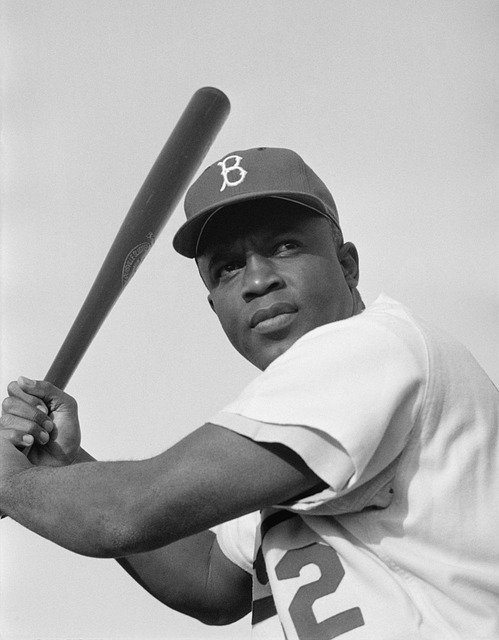
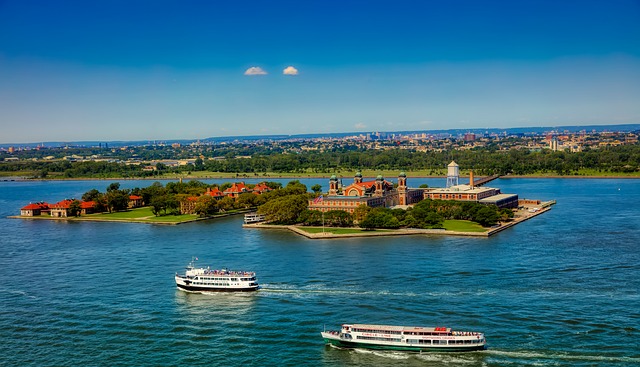

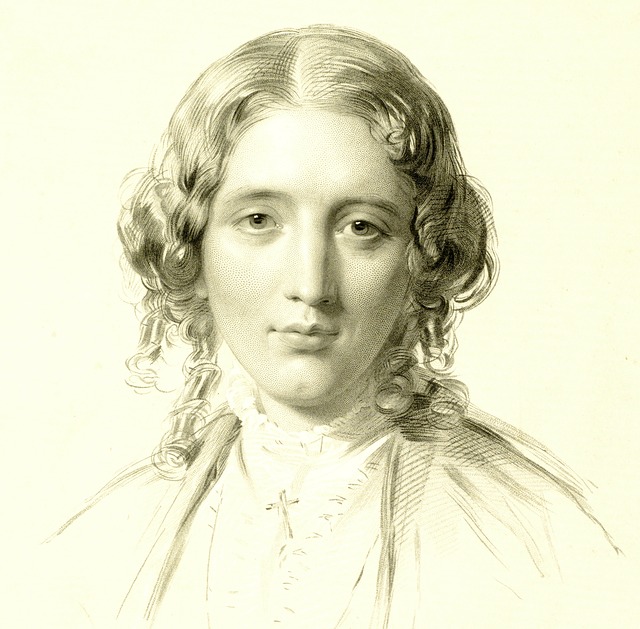
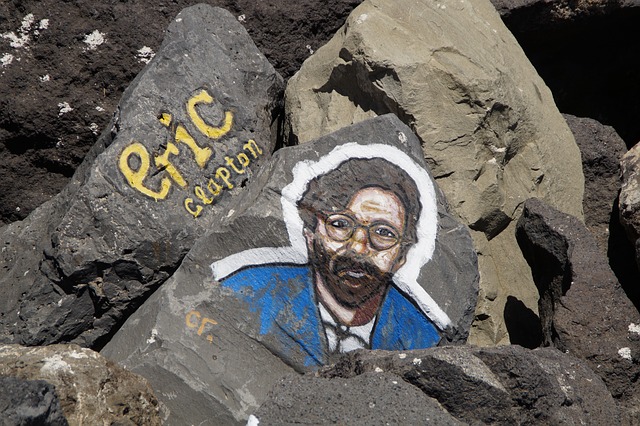
 On this day in 1919, the 18th Amendment to the U.S. Constitution, prohibiting the “manufacture, sale, or transportation of intoxicating liquors for beverage purposes,” was ratified and became the law of the land. The movement for the prohibition of alcohol began in the early 19th century, when Americans concerned about the adverse effects of drinking began forming temperance societies. By the late 19th century, these groups had become a powerful political force, campaigning on the state level and calling for total national abstinence. By the late teens, the ill effects of alcohol were rampant throughout America. Some say the 18th Amendment was just in time.
On this day in 1919, the 18th Amendment to the U.S. Constitution, prohibiting the “manufacture, sale, or transportation of intoxicating liquors for beverage purposes,” was ratified and became the law of the land. The movement for the prohibition of alcohol began in the early 19th century, when Americans concerned about the adverse effects of drinking began forming temperance societies. By the late 19th century, these groups had become a powerful political force, campaigning on the state level and calling for total national abstinence. By the late teens, the ill effects of alcohol were rampant throughout America. Some say the 18th Amendment was just in time. On this day in 1493, Italian explorer Christopher Columbus, sailing near the Dominican Republic, saw three “mermaids”–in reality manatees–and described them as “not half as beautiful as they are painted.” Mermaids, mythical half-female, half-fish creatures, have existed in seafaring cultures at least since the time of the ancient Greeks. Typically depicted as having a woman’s head and torso, a fishtail instead of legs and holding a mirror and comb, mermaids live in the ocean and, according to some legends, can take on a human shape and marry mortal men. The classic rags-to-riches story got a macho spin in the Oscar-winning Rocky, which was written by its star, Sylvester Stallone, and began filming on this day in 1976. In 1887, on one of the worst days of the “worst winter in the West,” nearly an inch of snow fell every hour for 16 hours, impeding the ability of already starving cattle to find food. Montana ranchers alone lost an estimated 362,000 head of cattle, more than half the territory’s herd.
On this day in 1493, Italian explorer Christopher Columbus, sailing near the Dominican Republic, saw three “mermaids”–in reality manatees–and described them as “not half as beautiful as they are painted.” Mermaids, mythical half-female, half-fish creatures, have existed in seafaring cultures at least since the time of the ancient Greeks. Typically depicted as having a woman’s head and torso, a fishtail instead of legs and holding a mirror and comb, mermaids live in the ocean and, according to some legends, can take on a human shape and marry mortal men. The classic rags-to-riches story got a macho spin in the Oscar-winning Rocky, which was written by its star, Sylvester Stallone, and began filming on this day in 1976. In 1887, on one of the worst days of the “worst winter in the West,” nearly an inch of snow fell every hour for 16 hours, impeding the ability of already starving cattle to find food. Montana ranchers alone lost an estimated 362,000 head of cattle, more than half the territory’s herd.